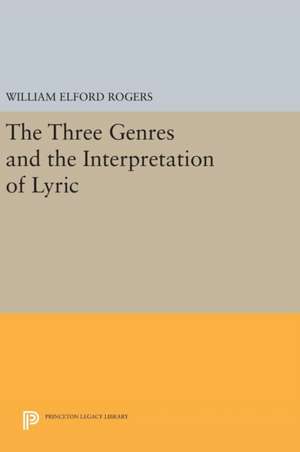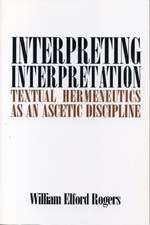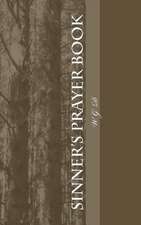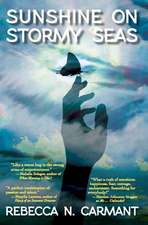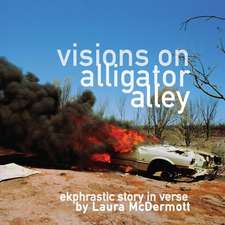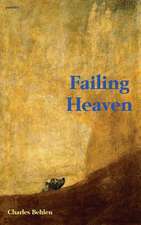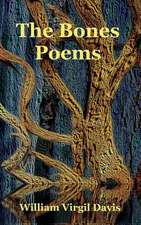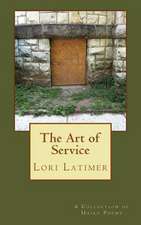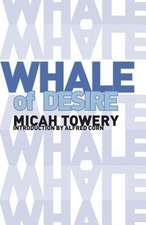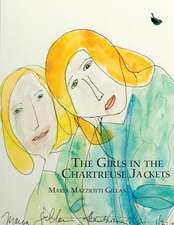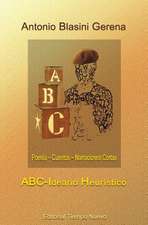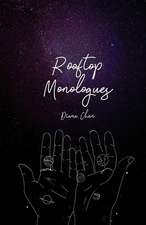The Three Genres and the Interpretation of Lyric: Princeton Legacy Library
Autor William Elford Rogersen Limba Engleză Hardback – 18 apr 2016
Originally published in 1983. The Princeton Legacy Library uses the latest print-on-demand technology to again make available previously out-of-print books from the distinguished backlist of Princeton University Press. These editions preserve the original texts of these important books while presenting them in durable paperback and hardcover editions. The goal of the Princeton Legacy Library is to vastly increase access to the rich scholarly heritage found in the thousands of books published by Princeton University Press since its founding in 1905.
| Toate formatele și edițiile | Preț | Express |
|---|---|---|
| Paperback (1) | 376.94 lei 43-57 zile | |
| Princeton University Press – 30 iun 2014 | 376.94 lei 43-57 zile | |
| Hardback (1) | 702.29 lei 43-57 zile | |
| Princeton University Press – 18 apr 2016 | 702.29 lei 43-57 zile |
Din seria Princeton Legacy Library
-
 Preț: 437.79 lei
Preț: 437.79 lei -
 Preț: 172.27 lei
Preț: 172.27 lei - 16%
 Preț: 683.62 lei
Preț: 683.62 lei - 16%
 Preț: 2324.07 lei
Preț: 2324.07 lei -
 Preț: 376.98 lei
Preț: 376.98 lei - 23%
 Preț: 780.24 lei
Preț: 780.24 lei -
 Preț: 377.30 lei
Preț: 377.30 lei -
 Preț: 313.18 lei
Preț: 313.18 lei - 16%
 Preț: 882.79 lei
Preț: 882.79 lei - 16%
 Preț: 736.39 lei
Preț: 736.39 lei - 16%
 Preț: 860.07 lei
Preț: 860.07 lei -
 Preț: 362.12 lei
Preț: 362.12 lei -
 Preț: 223.24 lei
Preț: 223.24 lei -
 Preț: 363.10 lei
Preț: 363.10 lei - 16%
 Preț: 915.46 lei
Preț: 915.46 lei -
 Preț: 340.21 lei
Preț: 340.21 lei - 16%
 Preț: 835.11 lei
Preț: 835.11 lei -
 Preț: 266.84 lei
Preț: 266.84 lei -
 Preț: 317.65 lei
Preț: 317.65 lei -
 Preț: 329.09 lei
Preț: 329.09 lei -
 Preț: 265.73 lei
Preț: 265.73 lei -
 Preț: 260.54 lei
Preț: 260.54 lei -
 Preț: 314.84 lei
Preț: 314.84 lei -
 Preț: 402.66 lei
Preț: 402.66 lei -
 Preț: 464.18 lei
Preț: 464.18 lei -
 Preț: 351.09 lei
Preț: 351.09 lei -
 Preț: 483.81 lei
Preț: 483.81 lei - 19%
 Preț: 500.29 lei
Preț: 500.29 lei -
 Preț: 388.44 lei
Preț: 388.44 lei -
 Preț: 328.48 lei
Preț: 328.48 lei - 23%
 Preț: 742.04 lei
Preț: 742.04 lei -
 Preț: 372.92 lei
Preț: 372.92 lei -
 Preț: 328.70 lei
Preț: 328.70 lei - 19%
 Preț: 505.89 lei
Preț: 505.89 lei -
 Preț: 446.25 lei
Preț: 446.25 lei -
 Preț: 289.17 lei
Preț: 289.17 lei - 19%
 Preț: 575.53 lei
Preț: 575.53 lei -
 Preț: 447.20 lei
Preț: 447.20 lei -
 Preț: 484.19 lei
Preț: 484.19 lei -
 Preț: 271.12 lei
Preț: 271.12 lei -
 Preț: 314.46 lei
Preț: 314.46 lei -
 Preț: 362.51 lei
Preț: 362.51 lei -
 Preț: 307.07 lei
Preț: 307.07 lei - 19%
 Preț: 498.46 lei
Preț: 498.46 lei -
 Preț: 272.27 lei
Preț: 272.27 lei - 19%
 Preț: 458.44 lei
Preț: 458.44 lei -
 Preț: 406.20 lei
Preț: 406.20 lei - 19%
 Preț: 515.73 lei
Preț: 515.73 lei -
 Preț: 428.88 lei
Preț: 428.88 lei -
 Preț: 369.27 lei
Preț: 369.27 lei
Preț: 702.29 lei
Preț vechi: 912.07 lei
-23% Nou
Puncte Express: 1053
Preț estimativ în valută:
134.38€ • 140.68$ • 111.19£
134.38€ • 140.68$ • 111.19£
Carte tipărită la comandă
Livrare economică 07-21 aprilie
Preluare comenzi: 021 569.72.76
Specificații
ISBN-13: 9780691641485
ISBN-10: 069164148X
Pagini: 290
Dimensiuni: 187 x 263 x 24 mm
Greutate: 0.72 kg
Editura: Princeton University Press
Seria Princeton Legacy Library
ISBN-10: 069164148X
Pagini: 290
Dimensiuni: 187 x 263 x 24 mm
Greutate: 0.72 kg
Editura: Princeton University Press
Seria Princeton Legacy Library
Descriere
William Elford Rogers proposes a genre-theory that will clarify what we mean when we speak of literary works as dramatic, epic, or lyric. Focusing on lyric poetry, this book maintains that the broad genre-concepts need not be discarded but can be preserved by a new interpretive model that gives us conceptual knowledge not about works but about inte
